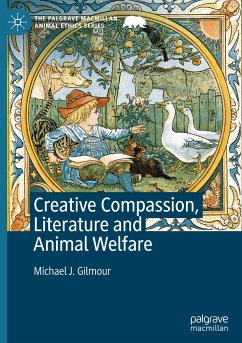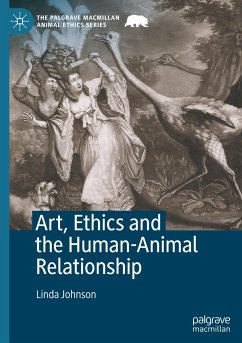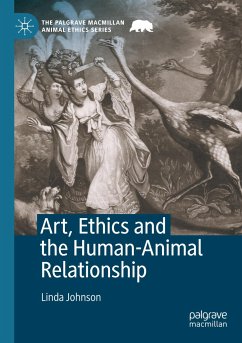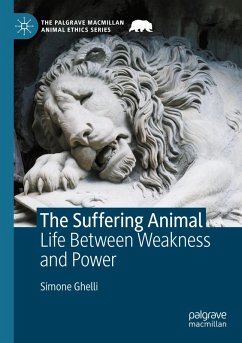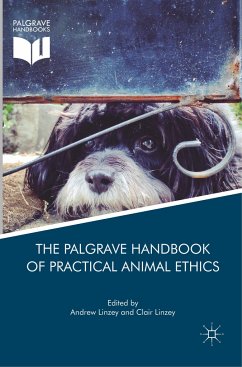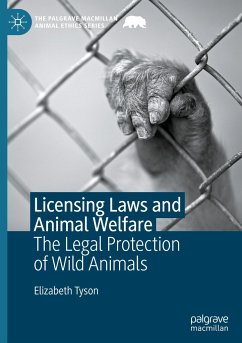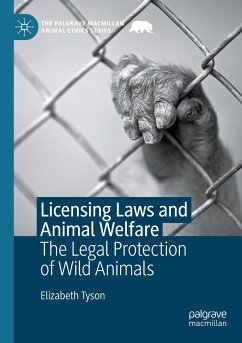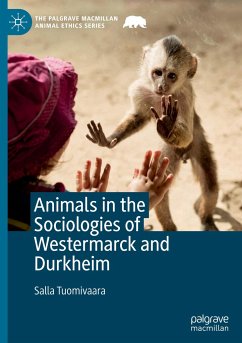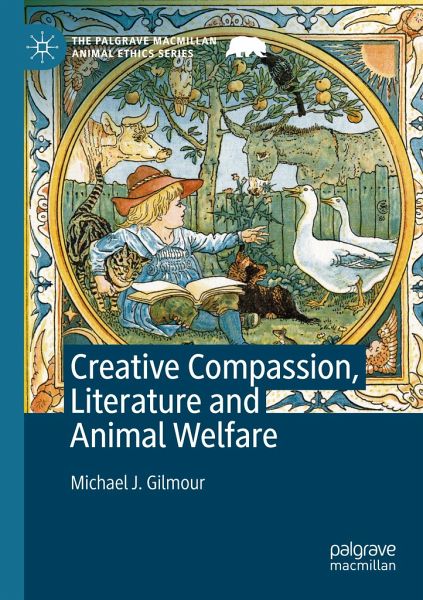
Creative Compassion, Literature and Animal Welfare
Versandkostenfrei!
Versandfertig in 6-10 Tagen
38,99 €
inkl. MwSt.
Weitere Ausgaben:

PAYBACK Punkte
19 °P sammeln!
This book examines animal welfare themes in fiction, and considers how authors of the last two centuries undermine dominative attitudes toward the nonhuman. Appearing alongside the emerging humane movements of the nineteenth century and beyond is a kind of storytelling sympathetic to protectionist efforts well-described as a literature of protest. Compassion-inclined tales like the Dolittle adventures by Hugh Lofting educate readers on a wide range of ethical questions, empathize with the vulnerable, and envision peaceful coexistence with other species. Memorable characters like Black Beauty a...
This book examines animal welfare themes in fiction, and considers how authors of the last two centuries undermine dominative attitudes toward the nonhuman. Appearing alongside the emerging humane movements of the nineteenth century and beyond is a kind of storytelling sympathetic to protectionist efforts well-described as a literature of protest. Compassion-inclined tales like the Dolittle adventures by Hugh Lofting educate readers on a wide range of ethical questions, empathize with the vulnerable, and envision peaceful coexistence with other species. Memorable characters like Black Beauty and Beautiful Joe, Ivan the gorilla and Louis the trumpeter swan, Hazel and Cheeta, Mr. Bultitude and Doctor Rat do not merely amuse. They are voices from the margins who speak with moral urgency to those with ears to hear. This broad survey of ethical themes in animal fiction highlights the unique contributions creative writers make toward animal welfare efforts.



